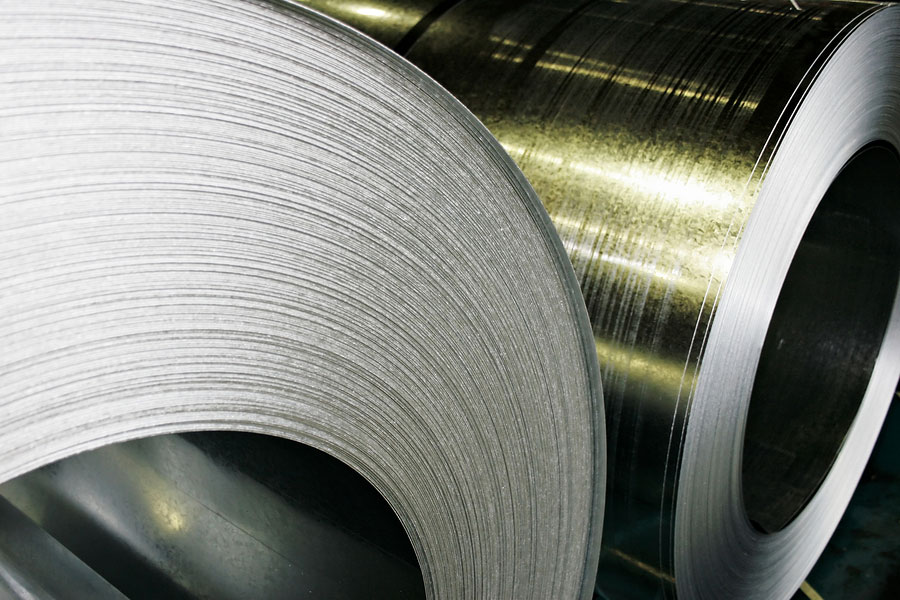In March of 2018, President Trump announced that tariffs would be imposed on imported steel and aluminum, with a 25% tariff being levied on steel and a 10% tariff on aluminum. Ever since his days as a candidate, President Trump has insisted that the American steel and aluminum industries need to be protected against cheaper foreign imports, and he has thus now imposed the maximum tariffs recommended by the Commerce Department.
Currently, approximately one-third of the steel used by American business is imported, which amounts to around 100 million tons annually. Of the 5.5 million tons of aluminum used by companies in this country, roughly 90% of it has to be imported at present. There’s no doubt that this kind of protectionist policy will have an impact on American companies, but along with the protections afforded, there may also be some unintended impacts to other domestic industries.
Aerospace Industry
There are currently about 2.5 million American workers in the aerospace industry whose jobs are directly dependent on imported steel and aluminum. If there is a significant increase in the cost of parts needed for that industry, it could have a trickle-down effect which increases the cost of American-made aerospace products made of steel and aluminum. This of course, would damage America’s competitiveness in global markets and could cause a reduction of the workforce domestically.
Automobile Industry
The automobile industry has already been experiencing sales declines for the past couple years, and is likely to be seriously impacted by the steel and aluminum tariffs. In the immediate aftermath of President Trump’s announcement, stock shares in Toyota and General Motors experienced an immediate dropoff, as shareholders realized the significance of the tariffs.
The unintended consequences of the tariffs might very well lead to higher-priced vehicles in the US, as compared to automobiles being constructed abroad and marketed in this country. There are approximately 7 million jobs directly associated with the US auto industry, and it is likely that a significant number of jobs would be impacted, if American cars were placed at a competitive disadvantage.
Manufacturing Industry
It is estimated that roughly 10 million Americans work in the domestic construction industry which makes heavy use of domestic steel, and another 7 million workers are involved with manufacturing companies who use domestic steel. It is expected that the increased cost of domestic steel could raise prices on a vast number of products such as appliances, tools, and cans used for a wide variety of purposes. If this all plays out as expected, it’s entirely possible that fewer goods will be manufactured in this country, and that means fewer workers will be needed to be employed for production.
Construction Industry
In the construction industry, the impact of higher-priced beams could be significant all by itself, and in the oil industry, the increased cost of steel pipelines could put an additional group of workers out of a job. From all this, it can be seen that while it is a laudable effort to protect American steel and aluminum industries against international competition, it is also true that tariffs imposed on foreign steel and aluminum could have a major impact on several American industries. At least in the immediate aftermath, higher unemployment could be one unexpected result of the imposed tariffs.
Velocity Metalworks has become recognized as a valued partner in the metal stamping industry for our strong Tool Design and Build competency. This combined with our metal stamping capacity, precision machining services and EDM capability make us a full service provider that can deliver value in your tooling and stamping needs. Contact us today to see how we can help you work even better.

